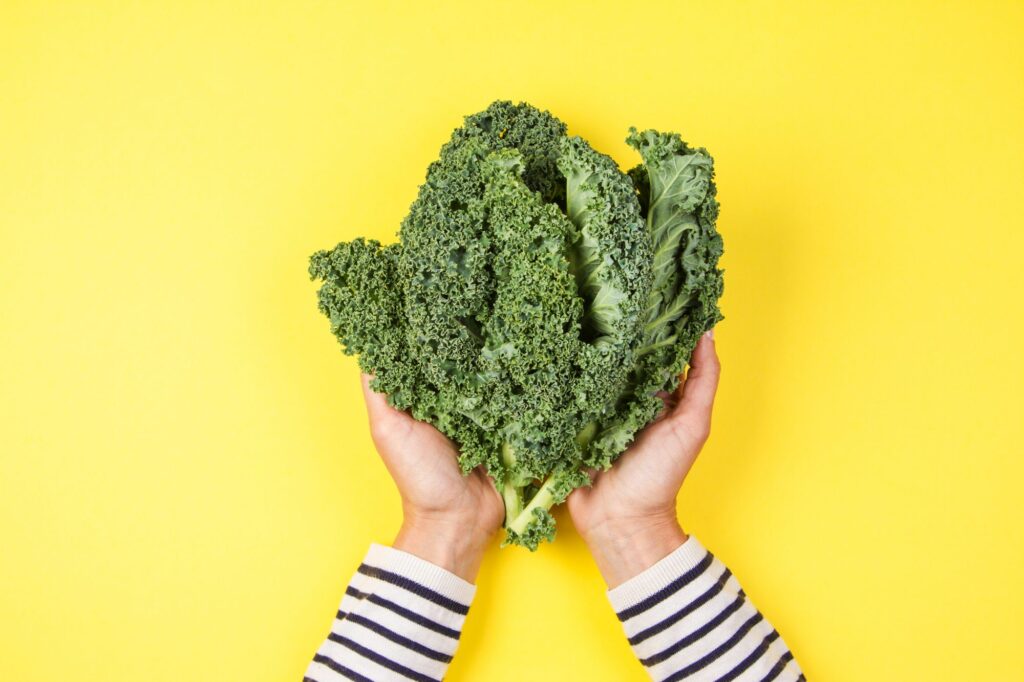
Lately, I have been recalling my Mum’s voice in my young years, “Eat those greens!” “Finish your carrots! They’re good for you”. She was an early adopter of this concept I now refer to as “what to grow for a healthy immune system”.
Studies have shown that a healthy diet of fruits and vegetables along with good hygiene and lifestyle habits, can help boost our body’s natural defenses. With the numerous reports of the Covid-19 virus, people are panic shopping for disinfectants and paper products, but their carts seem to be lacking fruit and vegetables.
Unlike the world pandemic of 1918 for the Spanish Flu, young adults between the ages of 20 to 40 were the most at risk. With the Covid-19 virus, the concerns are for seniors and people with compromised immune systems.
There are many fruits and vegetables that we can grow in our gardens that are rich in vitamins, minerals, and antioxidants. For instance, carrots and green leafy vegetables are excellent sources of beta-carotene. This substance is found in plants that our bodies convert into Vitamin A. It also can reduce inflammation and boosts immune cell function.
What to Grow for a Healthy Immune System
Carrots are easy to grow and are usually found in most vegetable gardens. You direct sow the seed in the garden usually in May after the last spring frost. They need well-drained fertile soil. Carrot seed is very small so don’t plant them deep. Some gardeners combine the seed with a little sand or coffee grounds while planting so easy to spread out in the row. Some seed companies have carrot seeds in a biodegradable tape that you lay in the row. This also illuminates the need to thin out the plants later. Carrots are perfect for succession planting also.
For those leafy greens, there is nothing better than spinach. Spinach is rich in Vitamin C and packed with numerous antioxidants and beta-carotene. It is a cool-weather crop. So, it does best seeded directly in our gardens in the spring and fall. It prefers well-drained rich soil and a sunny location.
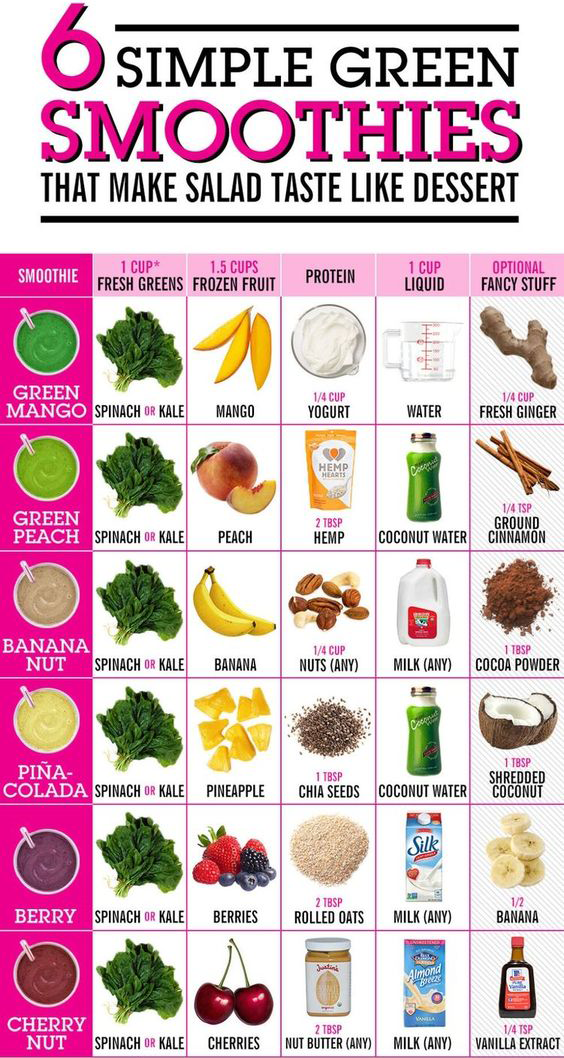
Recipes: Jen Hansard and Jaddah Sellner, Authors of Simple Green Smoothies. Graphic: Cosmopolitan
As for vitamins, C and E are important to support our body’s natural immune response. Sources of Vitamin C include red peppers, oranges, strawberries, broccoli, lemons, and many other fruits and vegetables. As for Vitamin E, nuts, seeds, spinach, and broccoli are all excellent.
Red Bell Peppers, ounce for ounce, contain 2X more Vitamin C than citrus fruit. They are a good source of beta-carotene. If you don’t normally, consider planting red peppers in your garden this year. You can start them indoors in the next couple of weeks. Read the seed package first to calculate the timing as to when you want to set them out in your garden in the latter part of May. 
Cruciferous vegetables such as broccoli and kale are a diverse group, rich in vitamins and minerals. Broccoli is packed with vitamins A, C, and E as well as other antioxidants and fiber. You can start broccoli indoors 6 to 8 weeks before our last frost date. It takes approximately 4 to 7 days for the seeds to germinate. Again, read the seed package to calculate your timing. Seeing that broccoli is a cool-season plant, you can directly sow it in mid-summer for a fall crop.
Minerals such as magnesium also support our immune system. Peas, broccoli, cabbage, green beans, asparagus, and brussels sprouts all contain this important mineral.
Zinc is another mineral linked to improving our immune system. It is an essential trace mineral which means you only need a small amount to maintain good health. This can be found in foods such as mushrooms and kale.

Kale Yeah! Image Source: Getty Images, Health.com
Not commonly grown in our vegetable gardens is okra. It too has many health benefits. It is rich in magnesium, folate, fiber, antioxidants, Vitamin C, K1 and A. Okra is a warm-season crop. It requires a lot of sunshine, needs good drainage, and rich organic soil. You can start them indoors and then set them out in your garden in early June. Okra can handle dry conditions and they like the heat. Harvest the pods approximately two months from planting. They can be blanched and frozen for soups and stews for later use.
How about adding a couple of small fruits to your gardens? Red and black currants, strawberries, raspberries, blackberries, and blueberries are all excellent sources of Vitamin C and can be easily grown in our home gardens.
So, as you make plans for your gardens, consider all those delicious small fruits and vegetables you can grow to help you and your family’s immune system.
Sources:
https://www.pcrm.org/news/blog/foods-boost-immune-system
https://www.healthline.com/health/food-nutrition/foods-that-boost-the-immune-system
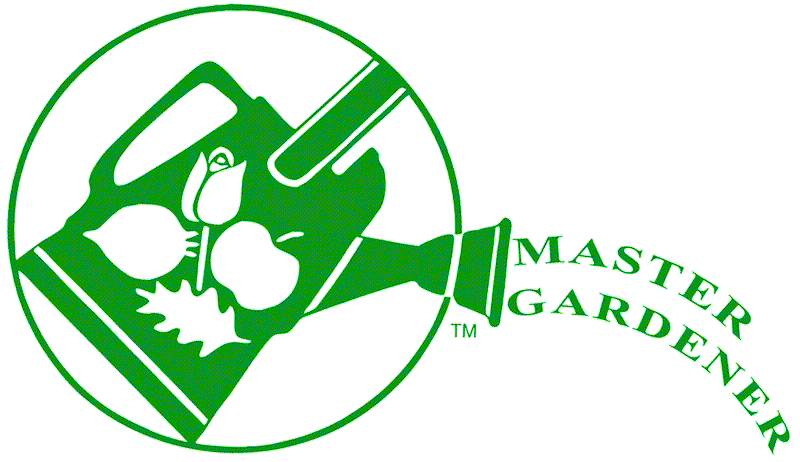
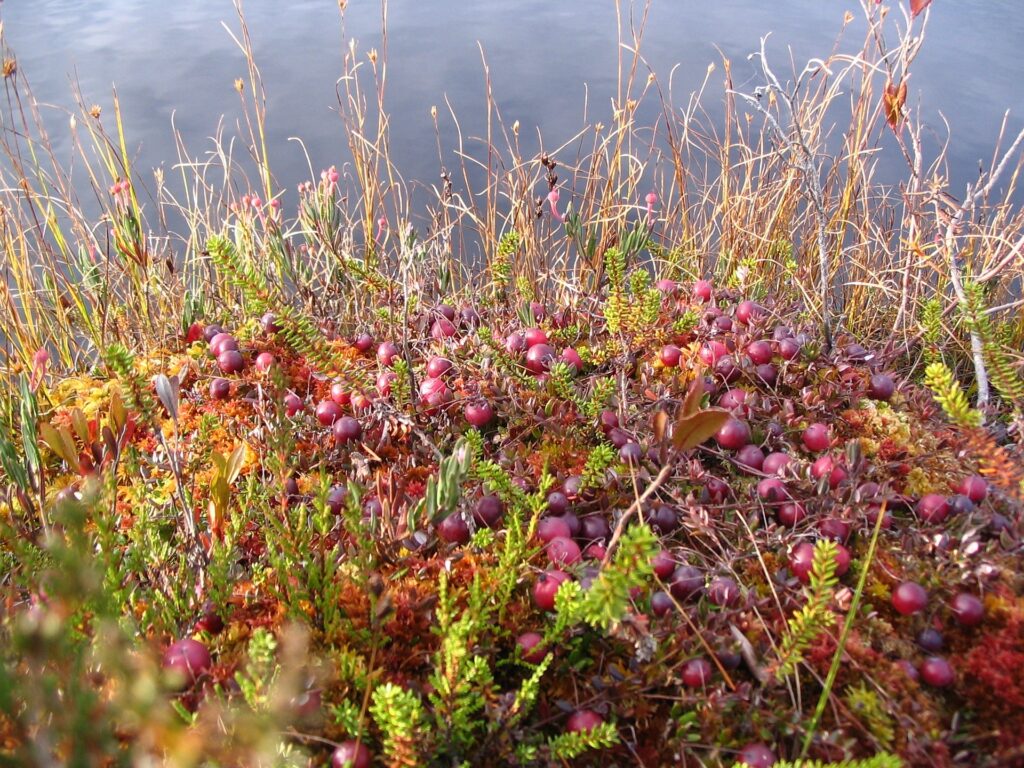

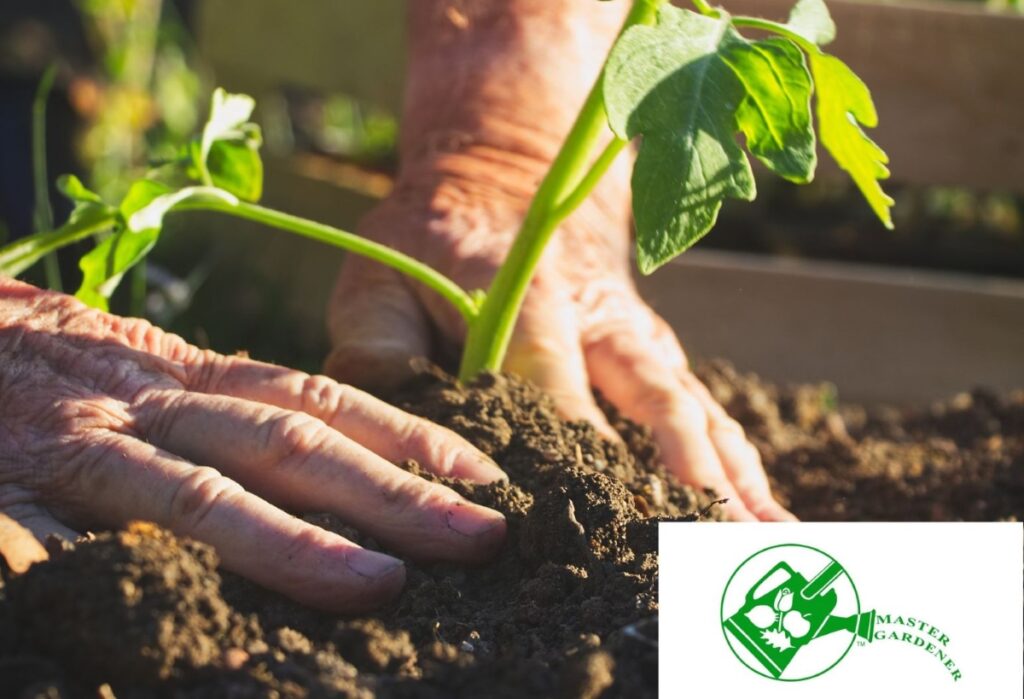
About The Author: Nancy Abra
The family kitchen garden has always been a big part of my life from the early days growing up on a farm to current days gardening near Thorndale, Ontario.
I have honed my gardening knowledge with various courses including a certificate in Horticulture from the University of Guelph, ongoing training with the London Middlesex Master Gardeners, active membership with the local Horticultural Society and as a volunteer gardener at Fanshawe Pioneer Village, It has always been important to me to feed my family from the best of my garden or from locally grown produce. For almost 50 years of preserving, canning, pickling, and using heirloom recipes including some of my own creations, I have developed tasty preserves for my family and friends which I market locally with the brand name "From My Garden".
More posts by Nancy Abra